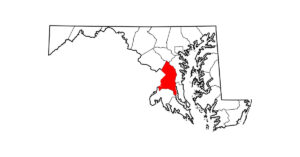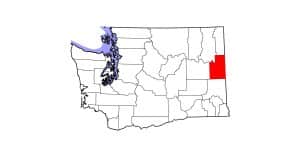Equine ‘Sex Stereotypes’ Could Impair Horse Welfare
- Topics: Welfare and Industry

Your 13-year-old neighbor, an energetic girl with six years of riding experience, asks your advice before buying her first horse. What do you recommend: a mare, a gelding, or a stallion? And why?
If you showed a preference for any of those three choices for your young neighbor, it’s possible that you’ve been influenced by a culture of sex stereotypes in horses. Australian and British researchers say many people involved in the horse industry have “preconceived ideas” about behaviors they specifically associate with sex, and such stereotyping could have serious consequences for training and welfare.
“This could have profound implications because horses regarded as difficult, dangerous, or bossy are likely to be treated differently from those regarded as calm, reliable, and easygoing,” said Kate Fenner, BEqSci Hons, of Kandoo Equine, in Towrang, Australia
Create a free account with TheHorse.com to view this content.
TheHorse.com is home to thousands of free articles about horse health care. In order to access some of our exclusive free content, you must be signed into TheHorse.com.
Start your free account today!
Already have an account?
and continue reading.

Written by:
Christa Lesté-Lasserre, MA
Related Articles
Stay on top of the most recent Horse Health news with












